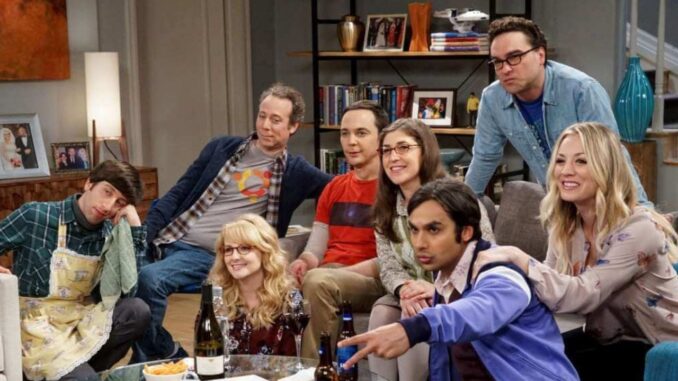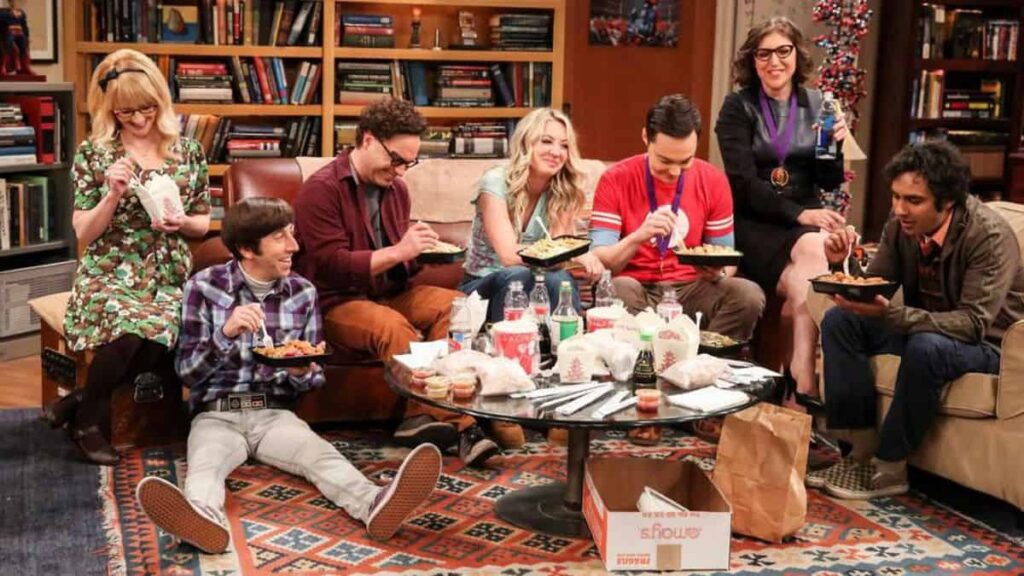
After the mixed reception of Young Sheldon, The Big Bang Theory is finally getting a new spinoff that fans have long hoped for—one that stays true to its roots while introducing fresh perspectives. Chuck Lorre, the creator of the beloved sitcom, is developing a new show centered around Stuart Bloom, the quirky comic book shop owner played by Kevin Sussman.
While Young Sheldon added depth to the backstory of Sheldon Cooper (Jim Parsons), its journey veered away from being a true continuation of The Big Bang Theory universe. Now, Stuart’s upcoming spinoff is poised to bring the magic back.
From Young Sheldon to Stuart: A New Direction
When Young Sheldon debuted in 2017, it aimed to explore the childhood of Sheldon Cooper, inspired by the anecdotes Jim Parsons’ version often shared. The show initially centered on Sheldon’s childhood in Medford, Texas, with Iain Armitage portraying the young prodigy and Parsons providing narration. However, as the series progressed, it became less about Sheldon’s journey and more about the entire Cooper family. While this shift brought compelling new storylines, it created a disconnect between Young Sheldon and its parent series.
The new spinoff, however, takes a completely different approach. It focuses on Stuart Bloom, a character deeply intertwined with the Big Bang Theory gang yet relatively unexplored. Stuart, the socially awkward comic book store owner, had significant interactions with the Pasadena crew while maintaining a distinct narrative potential of his own. This makes him the perfect candidate to lead a fresh chapter in the franchise.
Why Stuart’s Spinoff Makes Sense
Kevin Sussman’s portrayal of Stuart brought humor, relatability, and heart to The Big Bang Theory. While Stuart wasn’t part of the main core of friends, his relationships with the group—especially Howard and Bernadette—offered a unique lens through which fans saw their favorite characters.
Set after The Big Bang Theory’s finale, Stuart’s spinoff has a significant advantage over Young Sheldon: creative freedom. Because it takes place post-series, the new show isn’t bound by existing canon, allowing for fresh stories and character development. It can preserve the original series’ legacy while creating something entirely new.

Stuart is also a character with untapped potential. By the end of The Big Bang Theory, his life was on an upward trajectory with a thriving business and budding romance. Exploring the next chapter of his life allows for a balance between familiarity and novelty.
What Went Wrong with Young Sheldon?
Though Young Sheldon had its strengths, its shift from a singular focus on Sheldon’s origins to an ensemble family drama blurred its connection to The Big Bang Theory. Some plot points created inconsistencies with the original series, leading fans to view it as a standalone show rather than a true prequel. For instance, many of Sheldon’s childhood stories, designed as humorous anecdotes, didn’t translate seamlessly into the more grounded tone of Young Sheldon.
This detachment led to petitions from fans asking the show to disregard Big Bang Theory canon entirely. While Young Sheldon didn’t fully break away, it created a universe that felt separate from its parent series.
Challenges Ahead for Stuart’s Spinoff
Despite its promising premise, the Stuart-centered spinoff must overcome several hurdles. Chief among them is creating a compelling narrative that stands on its own. While cameos from Big Bang Theory characters would delight fans, relying too heavily on them could overshadow Stuart’s journey. Additionally, without consistent appearances from Sheldon, Leonard, Penny, and the rest of the gang, the show must craft a storyline that captures the same humor and charm.
Stuart’s spinoff represents a second chance to expand the Big Bang Theory universe while staying true to its core values. By giving an underappreciated character the spotlight, the show has the potential to honor the original series’ legacy while charting new territory.